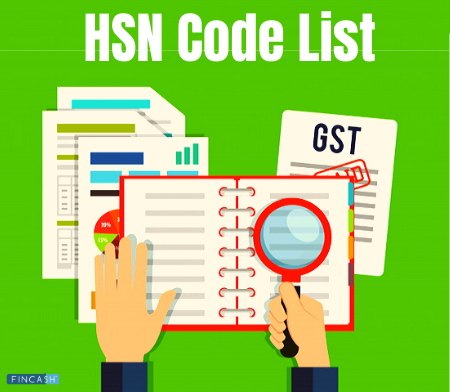
What is a Validation Code?
Also referred to as CVV, a validation code is a series of three or four numbers that are available on the back or front of a credit card. The intention behind this code is to offer an extra security layer for credit card transactions that are executed on the phone or online.

Most of the issuers of credit card place this validation codes on the backside of the card, toward the far-right side of the signature panel.
Understanding the Mechanism of Validation Code
With online shopping consistently growing in terms of popularity, the danger regarding Identity Theft and other types of credit card frauds has become alarmingly severe. One of the measures that companies have taken to mitigate the risk is by using the validation code while making purchases through the credit card.
While making a transaction online, you will have to provide your name, billing address, card number, expiry date and the CVV, right? Although most of this information, like address and name, can be acquired from other sources; it’s the latter three that can only be obtained after the possession of the card.
As an additional measure, the CVV is mentioned on the back to make it difficult for thieves and troublemakers to glean the required information from a single picture of the card. To further improve these security measures, there are consumer protection laws that avert merchants from storing the CCV of customers after a purchase is made.
Still, dishonest and unprincipled sellers might still record this detail in an illegal manner. Also, another additional protection measure is to provide the Personal Identification Numbers (PINs) that cardholders would have to enter when completing their purchase payment through the mode of Point-of-Sale (POS).
Talk to our investment specialist
Validation Code Thefts and Frauds
Despite all of the security measures to raise the difficulty bar to prevent thefts of validation code, crimes like these are still happening, putting a clear picture that motivated thieves are not discouraged from any layer of security.
Practically, in the last few years, credit card frauds have consistently increased. In 2018 alone, a massive amount of $24.26 billion was lost because of payment frauds across the world. Out of all the countries, the United States is leading when with 38.6% of frauds happening here.
At the end of the day, the thing to be kept in mind is that the validation code is an essential data that can allow thieves to make fraud transactions from your card. Therefore, you must keep it protected at any cost, just like you do with the card number and expiration date.
In case your card is missing, or you detect an unauthorized purchase, contact the credit card issuer to block or deactivate the card.
All efforts have been made to ensure the information provided here is accurate. However, no guarantees are made regarding correctness of data. Please verify with scheme information document before making any investment.





